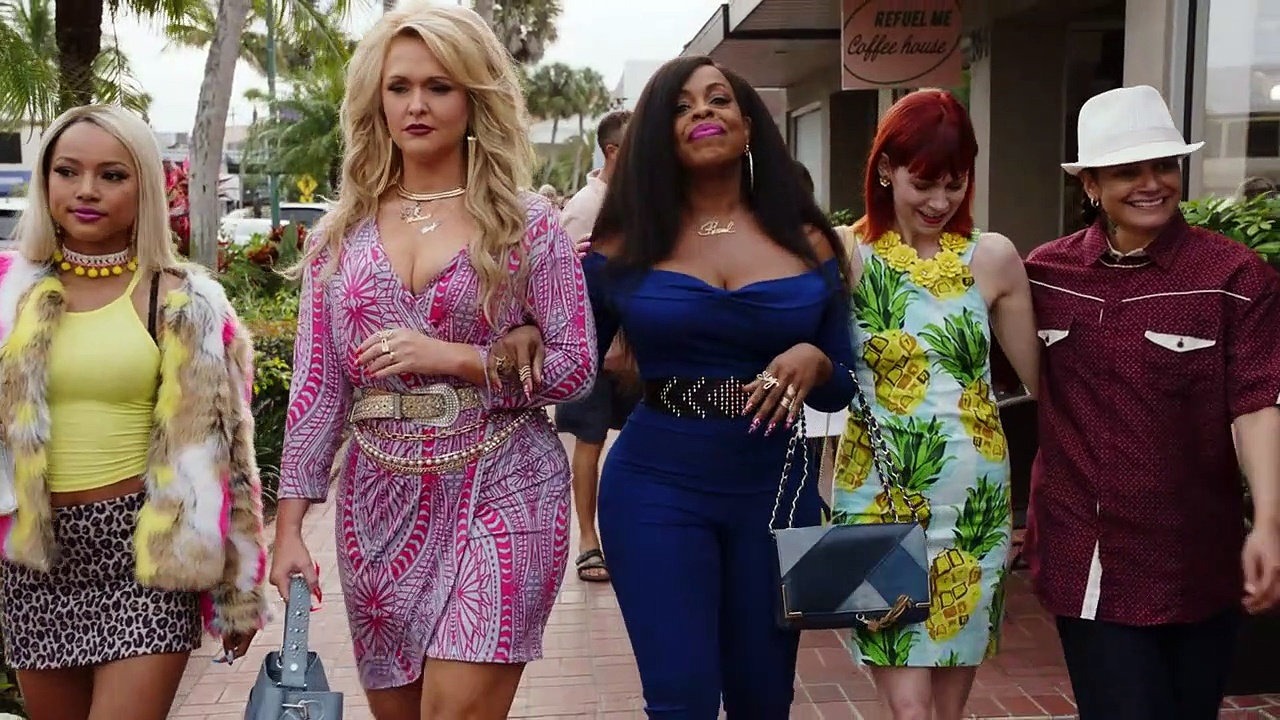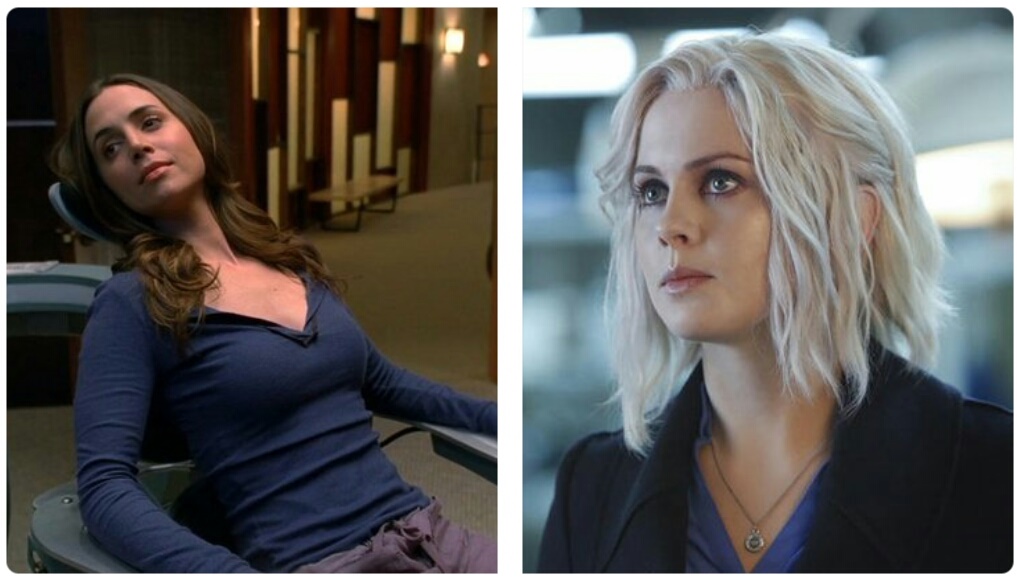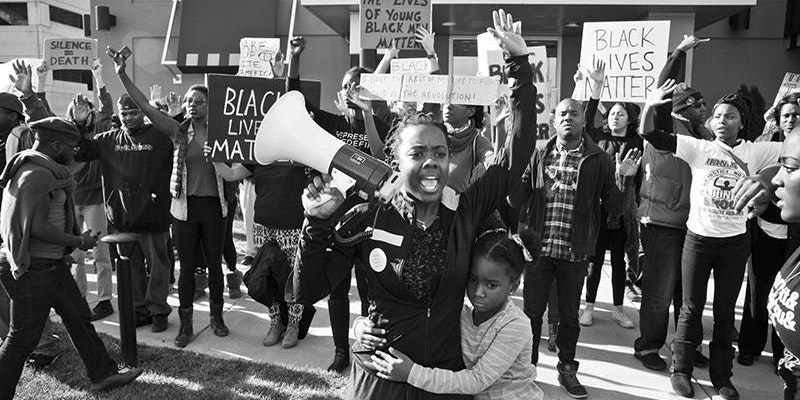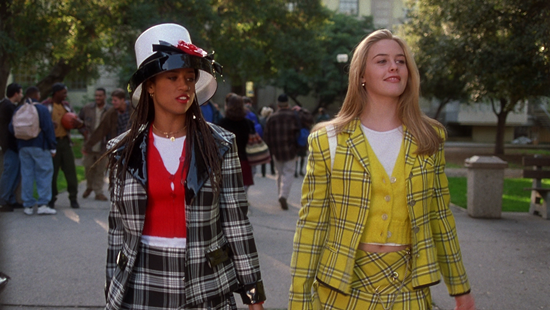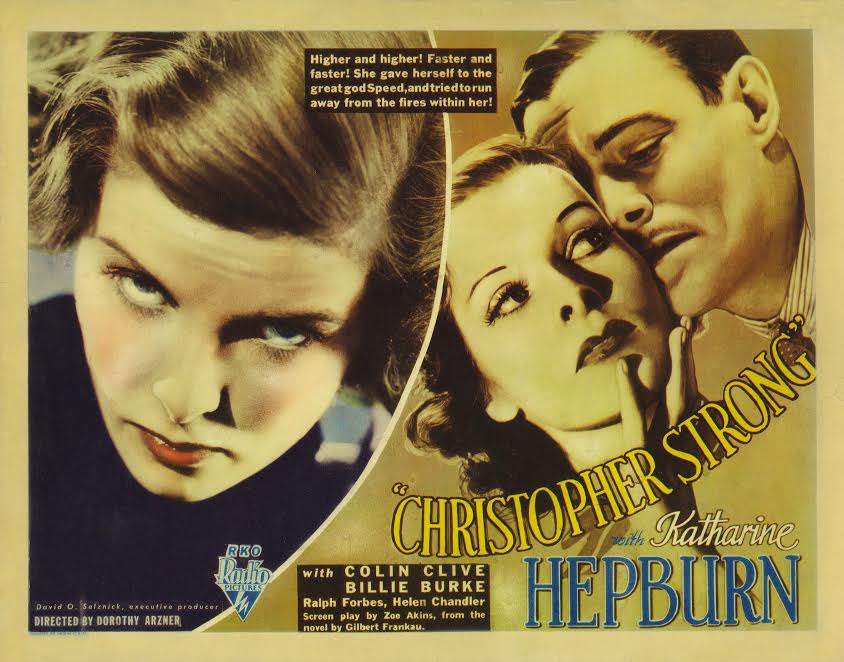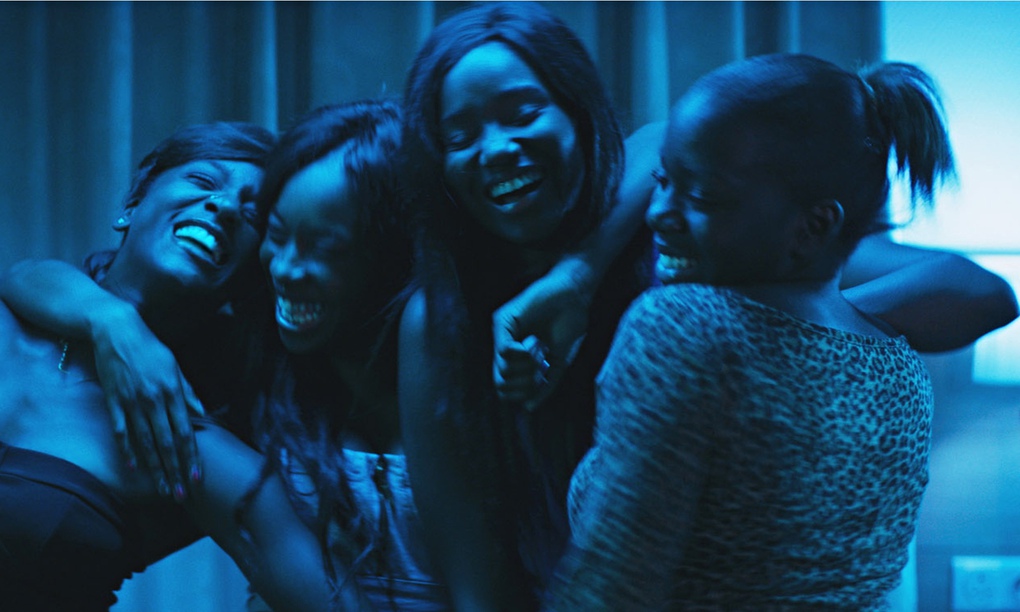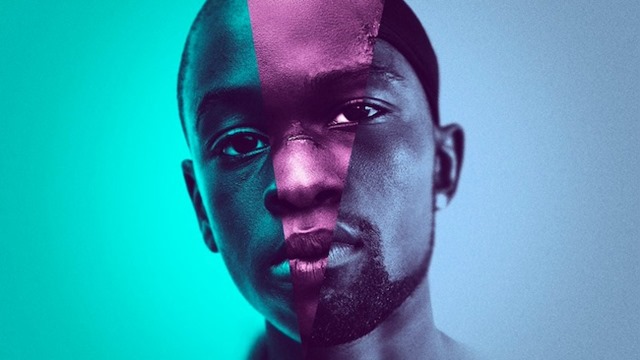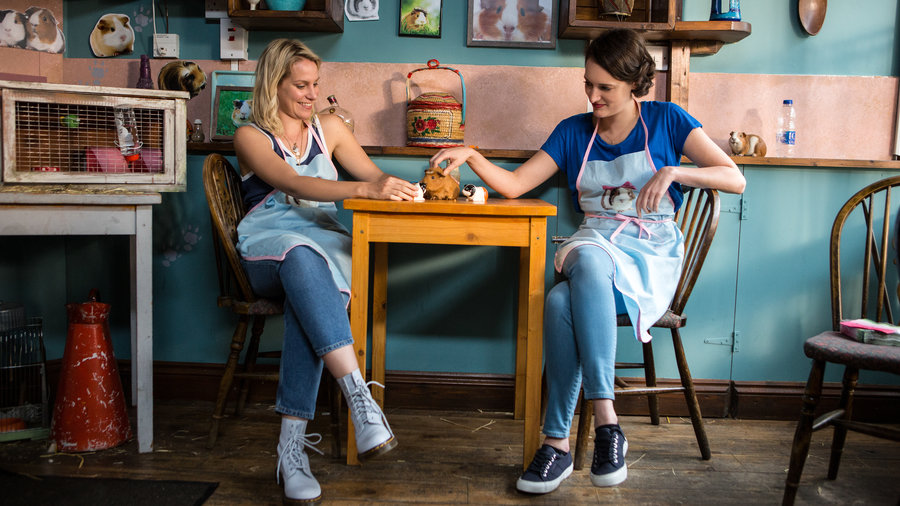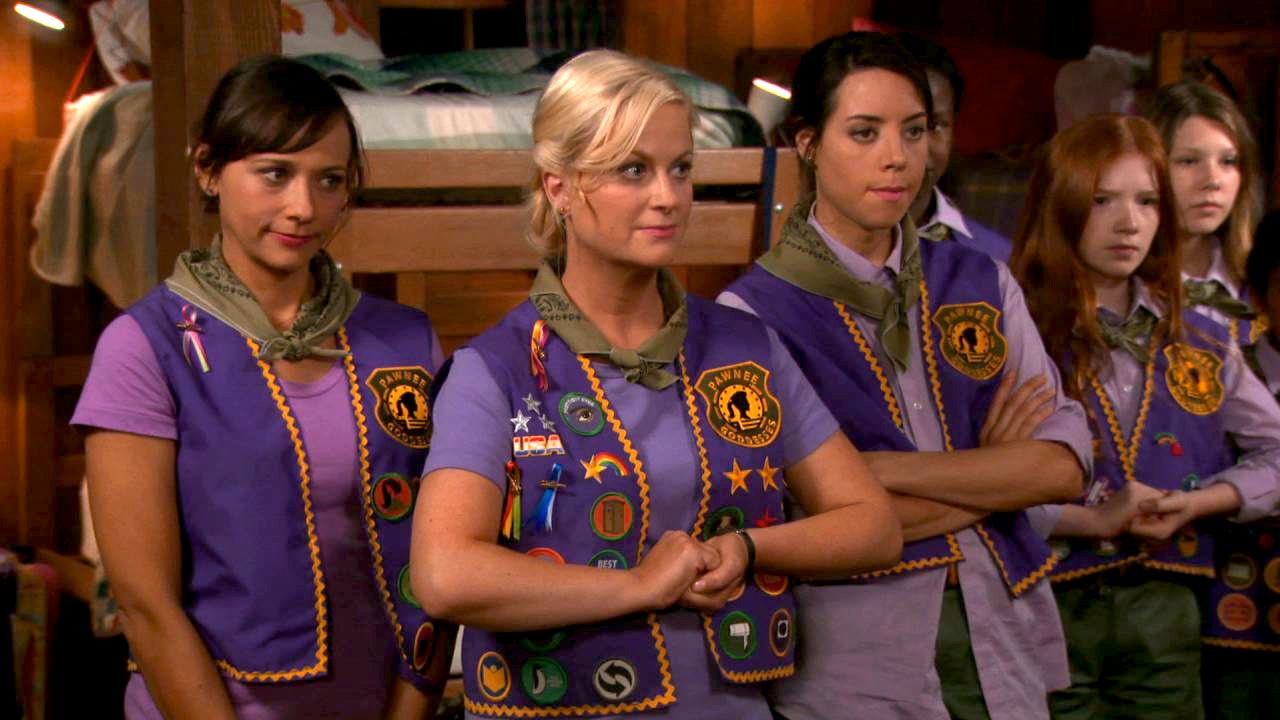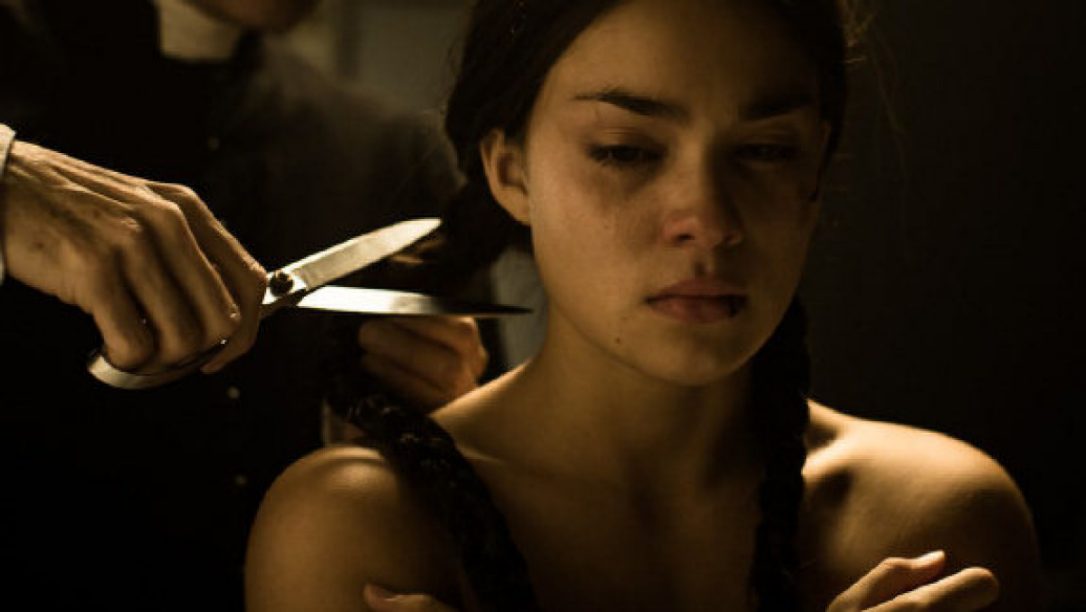We Need To Talk About ‘Claws’: The TV Series We Need and Deserve
This powerhouse series is led by Niecy Nash, who has finally been given the leading lady role she deserves. … The friendship and loyalty between these five women places this show in a long legacy of TV shows about female friendship, from ‘Sex and the City’ to ‘The Bold Type,’ but it handles itself in a much more realistic manner — it isn’t afraid to call out their flaws just as it highlights their strengths.
